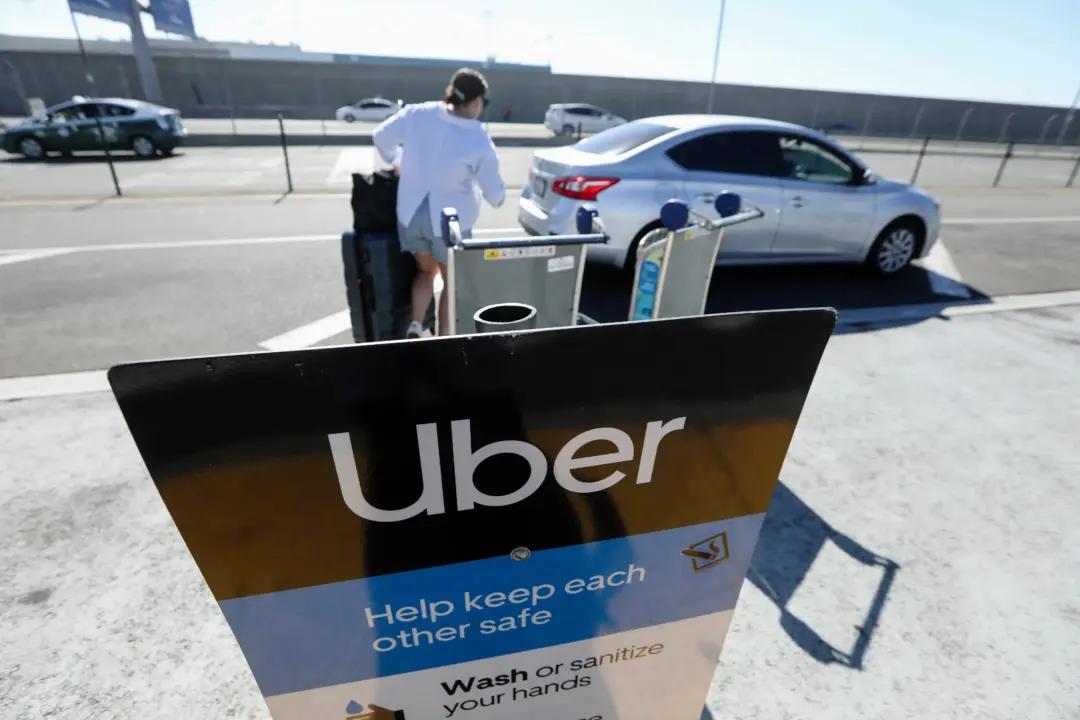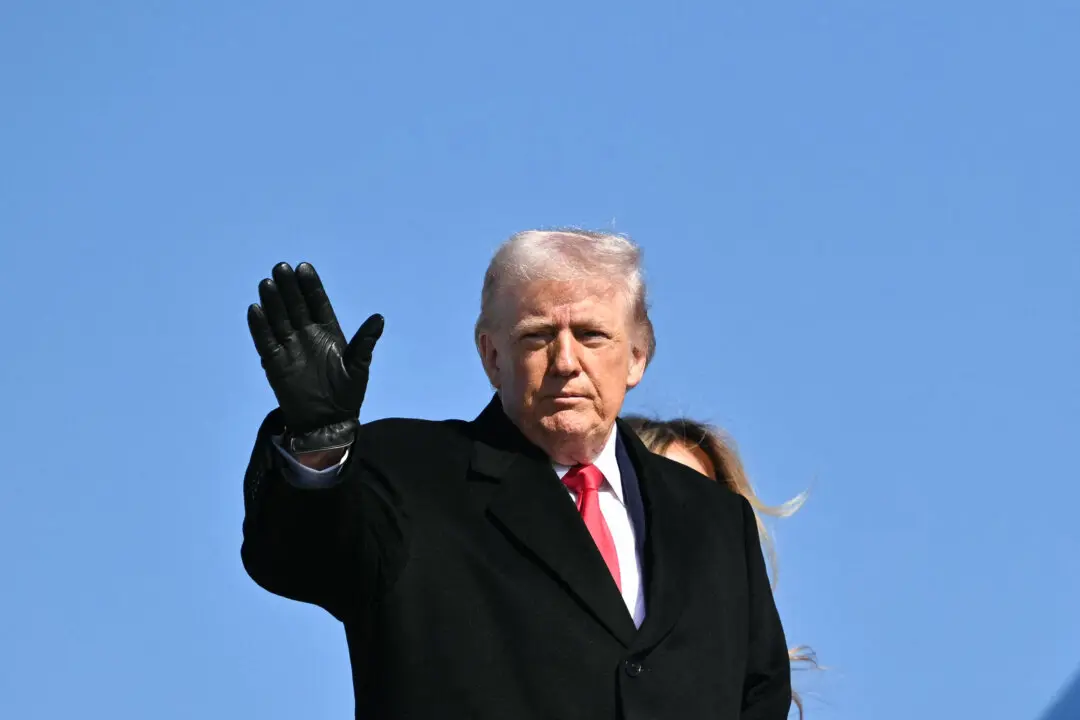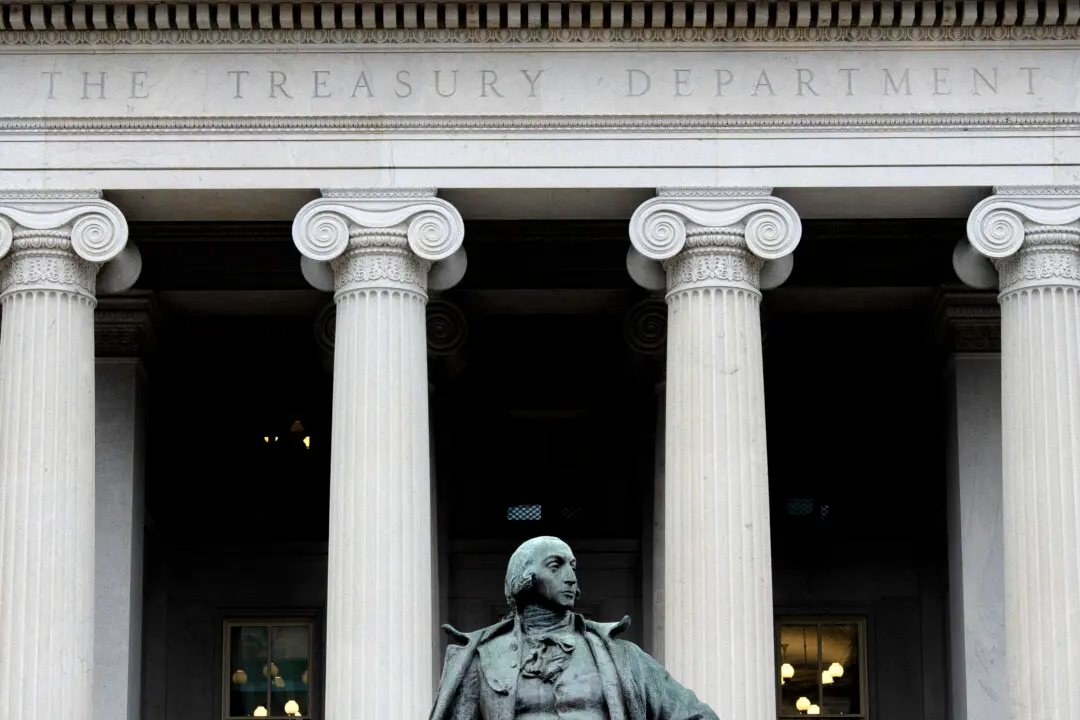The Supreme Court on Monday declined to hear an appeal by ride-sharing companies Uber and Lyft, who sought to block the state of California from pursuing labor lawsuits over drivers’ status as contractors.
The decision allows the California attorney general and labor commissioner to pursue the lawsuits, which claim the companies owe money to drivers who were misclassified as independent contractors rather than employees in a lawsuit dating back four years.





